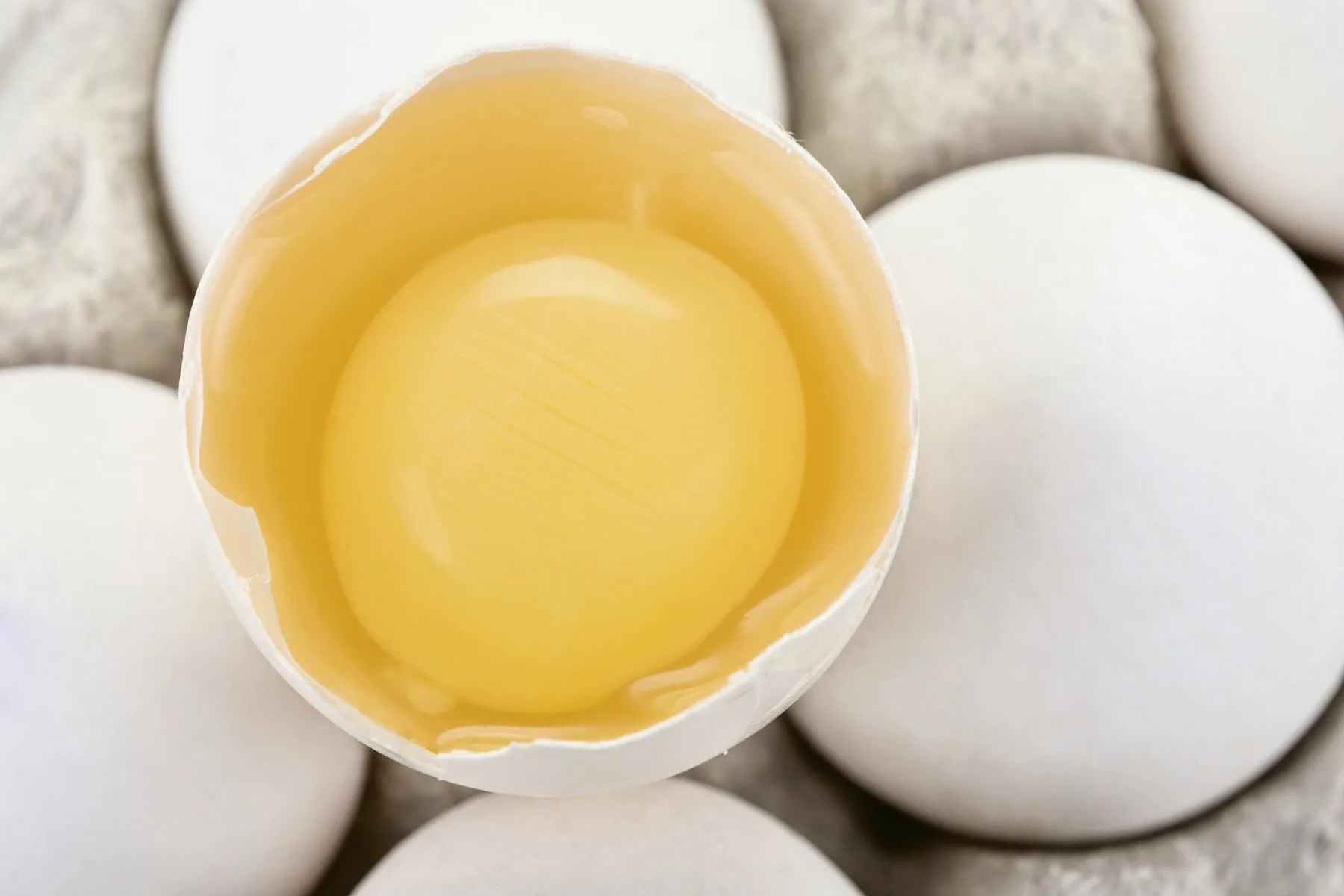
We’ve all heard the buzz about protein--in ads, on product labels, at the gym. Most people reflexively think of meat as being the best source. Sure, it’s loaded with it. But other foods beyond meat (including some plant foods) are considered high quality proteins too. And some of them may surprise you.
You may have heard the term “complete protein” or “high quality protein”. Here’s what that means: Amino acids are building blocks of protein, and we need amino acids to make proteins in our body like hormones and enzymes. The body can make some of those amino acids itself, but nine of them have to be eaten through food--those nine are called “essential” amino acids.
A “complete” protein has all of these nine essential amino acids in adequate amounts. Complete protein foods, also called “high quality” proteins foods. “Incomplete” proteins are missing one or more of those essential amino acids and are typically plant foods. Incomplete proteins can still supply what the body needs. Though it used to be thought that you needed to eat those incomplete protein sources together in the same meal, such as beans and rice, to create a complete protein, we now know that simply eating a variety of protein foods throughout the day is enough.
When it comes to complete, high-quality protein, meat has traditionally been the go-to. But it’s not your only option. Here are seven foods beyond meat that will deliver the protein you need:
Quinoa: Each half-cup of quinoa contains four grams of complete protein, and it’s a good source of fiber (and is gluten-free). Quinoa has a mild, slightly nutty flavor, and you can serve it as a side dish like couscous or as a warm breakfast cereal.
Eggs: Though some people focus on the whites, there’s protein in the yolk too (of the seven grams of protein in a large egg, about four come from the white and three from the yolk). The yolk also contains nutrients and compounds the white doesn’t--like lutein, an antioxidant.
Soy: Whether in the pod as edamame, in a glass as soy milk, or pressed into tofu, soy is a high-quality protein. To get the most health benefits from soy, choose the whole-food sources of it (like edamame or tofu) more often than the higher-processed versions in foods like bars, frozen burgers, and other packaged products containing soy protein isolate.
Pistachios: A recent analysis recently showed that roasted pistachios actually contain all essential amino acids. One ounce of the tree nut has about six grams of protein and three grams of fiber.
Dairy: Both kinds of protein in dairy (whey and casein) are complete. In fact, in an analysis of protein quality, dairy actually ranked higher than beef. Whether you choose whole or fat-free milk, the protein content is roughly the same (about eight grams per cup). A cup of yogurt, especially Greek yogurt, can have even more.
Buckwheat: This gluten-free whole grain is a complete protein and in one study, people reported that it was more filling and satisfying than either rice or wheat (despite its name, buckwheat isn’t actually a form of wheat!). Add it to green salads for a protein boost or bake with buckwheat flour.
Fish: Fish is an excellent source of lean, high-quality protein. Though salmon is considered a “fatty” fish, those fats are protective to the heart and good for the brain. A four-ounce tilapia or salmon fillet packs more than 20 grams of protein.
"complete" - Google News
July 27, 2020 at 09:56PM
https://ift.tt/32Ynaip
7 Non-Meat Complete Proteins - WebMD
"complete" - Google News
https://ift.tt/2Fvz4Dj
https://ift.tt/2YsogAP
Bagikan Berita Ini














0 Response to "7 Non-Meat Complete Proteins - WebMD"
Post a Comment